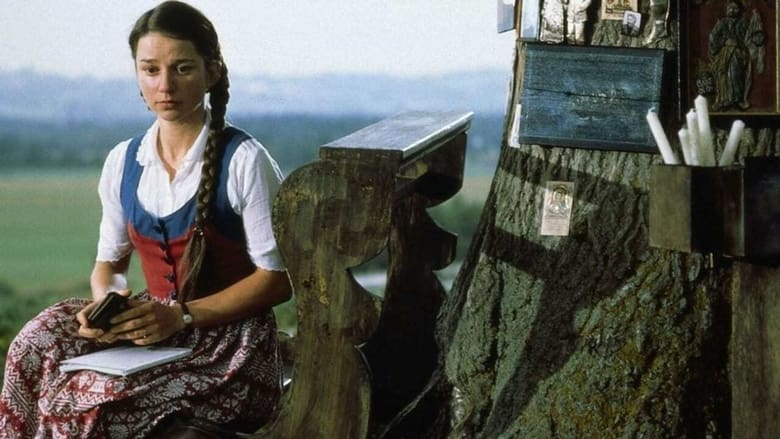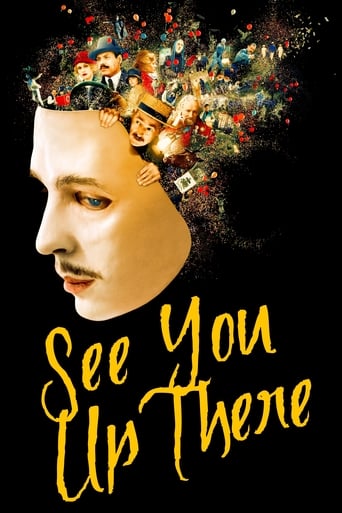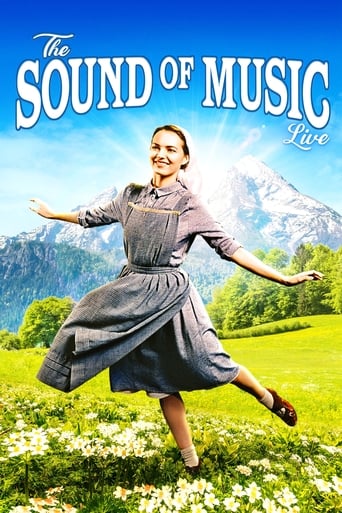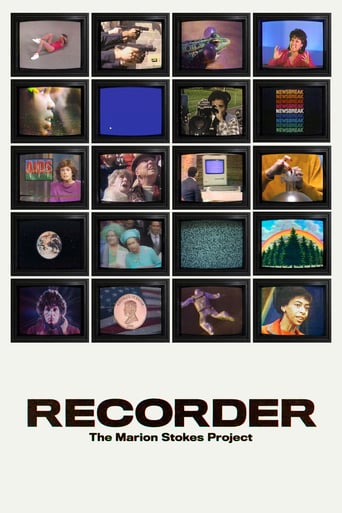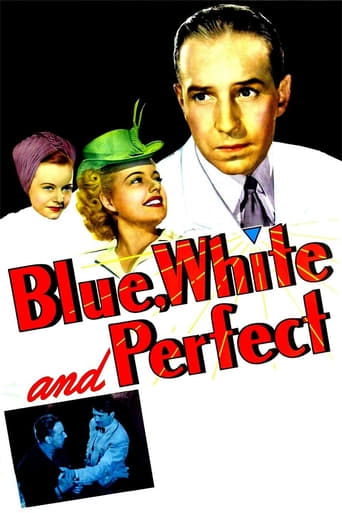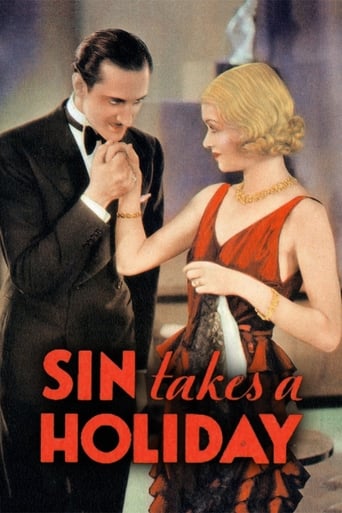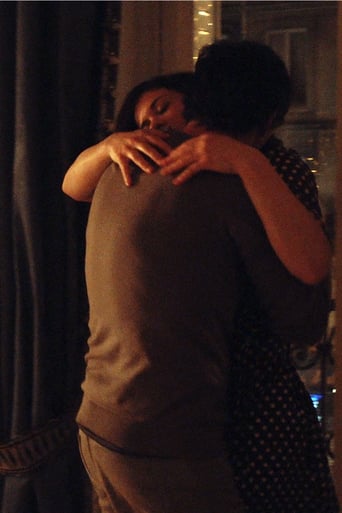The Nasty Girl (1990)
When a young woman investigates her town's Nazi past, the community turns against her.
Watch Trailer
Cast


Similar titles
Reviews
This movie is the proof that the world is becoming a sick and dumb place
The performances transcend the film's tropes, grounding it in characters that feel more complete than this subgenre often produces.
The story, direction, characters, and writing/dialogue is akin to taking a tranquilizer shot to the neck, but everything else was so well done.
It's a feast for the eyes. But what really makes this dramedy work is the acting.
A young German woman investigates her town's involvement during the Third Reich. The presentation is quirky, with Stolze at times stepping out of character to directly address the audience. There's also the occasional use of theatrical backgrounds, as well as having the living room furniture seemingly floating in the streets. It's clever and amusing, but seems out of place with the theme of the movie. After the light-hearted start, things turn serious as Stolze goes about trying to dig up information on her town's history. Not only is the transition jarring, but the film bogs down. Stolze gives a lively performance, convincingly aging from adolescence to adulthood.
This is a magnificent film by Michael Verhoeven. I saw it when it came out years ago, and have just seen it again. It certainly holds up and if anything is more powerful now. The film contains one of the most astonishing performances by an actress I have ever seen. Lena Stolze plays the character Sonja from the age of 16 through to adulthood. How did she do it? She was already far from her teens when she played the cutest 16 year-old with pigtails and the innocent eyes of a child. Her whimsy and her manner made her perfect for this difficult part, and her success made the film work. The film itself was done in an equally whimsical manner, not troubling in many cases to use real sets or locations, but with a remarkable lightness of touch and confidence of technique, in many cases settling for set-ups of a theatrical nature, and the film is interspersed with pieces to camera by numerous characters. It sounds a mess, but it isn't, and it all holds together and works perfectly. Apart from the control kept over it by the director, this technique is successful because it accentuates the irony of the subject. And that subject is so troubling to all potential viewers, going as it does far beyond blindness to past Nazi activities, that if it were laid on heavy, it would not be accepted, because it would be perceived as an attack on everybody. But it is actually an attack on everybody, because the film seeks to expose a faultline in human nature of our tendency to conspire to forget, conspire not to see, and conspire to falsify reality. This hairline crack in human nature is a tendency to form what I call 'consensus reality', which is generally a shared fantasy in which we all agree to believe because it makes us feel better. The character Sonja in this film (based upon a real girl named Anja who actually had similar experiences) challenges consensus reality. And of course, she was attacked by absolutely everyone, her husband abandoned her, she was beaten, bombed, ostracised, and persecuted mercilessly for years. Her only 'crime' was to try to discover the story of her home town in Bavaria during the Nazi period. The fact is that just about everybody living in Germany during that period was seriously compromised, there were few heroes (despite the many claims of heroism which came after the War), and the majority of Germans actually approved of and supported the Nazis. One should never forget that Hitler was ELECTED. One can perhaps explain phenomena like the rise of Nazism by temporary insanity of a nation, but the nasty and despicable aftermath cannot be so explained. It is pure animal behaviour of the most revolting kind. The post-War behaviour of the Germans was in this sense even more offensive than their wartime behaviour. But they are not alone, nor are they worst in this tendency. After all, the Japanese still refuse to apologise for the War, and make offerings at shrines to 'war heroes' who were guilty of war crimes. Compared to that, the Germans are pussycats, they apologised long ago, and the younger generations have long since atoned and 'reformed'. If anyone tried even now to make a film like this about Japan, they would probably be killed by a raging mob. So put that in your meerschaum pipe and smoke it.
Based on real events around a student who, in the 80s, worked of the Nazi past of a Bavarian town and hence got torpedoed by the local regulars and authorities. Verhoeven stages his film with recourse on many alienating stylistic devices to not convey the impression of a mere narration or, by implication, of a documentary. Lena Stolze's, the 'nasty girl', speech directly to the audience is part of it, as well as the effect of an obvious rear projection of the municipal archive while we see the actors performing on stage around a desk. Furthermore, Verhoeven's consistency in sharpening the criticism on the German bourgeoisie is remarkable at the time of the nation's reunion when skeptical and 'unpatriotic' words weren't particularly popular. The overall effect of it is not the exposure of a concealed guilt, but the presentation of a disconcerting as well as funny permanent embarrassment, because we witness both: the knowledge and the laborious acts of ignorance. The mulishness of the girl might be a little infantile, because she hasn't put up with reality yet - and probably never will. But really childish and stubborn and therefore dangerous are all those authorities who try to block her search for truth all the time. In any way, it's a succeeded satire walking in the shoes of Valentin, Tucholsky and Brecht, exposing German hypocrisy to ridicule and putting fingers on apparently still open sores.
You should do a little more research. The documentary style didn't "give validity to a fictional story." This is based on a true story and the movie mirrors, quite well, what happened in real life. You should do a little more research. The documentary style didn't "give validity to a fictional story." This is based on a true story and the movie mirrors, quite well, what happened in real life. You should do a little more research. The documentary style didn't "give validity to a fictional story." This is based on a true story and the movie mirrors, quite well, what happened in real life. You should do a little more research. The documentary style didn't "give validity to a fictional story." This is based on a true story and the movie mirrors, quite well, what happened in real life.


